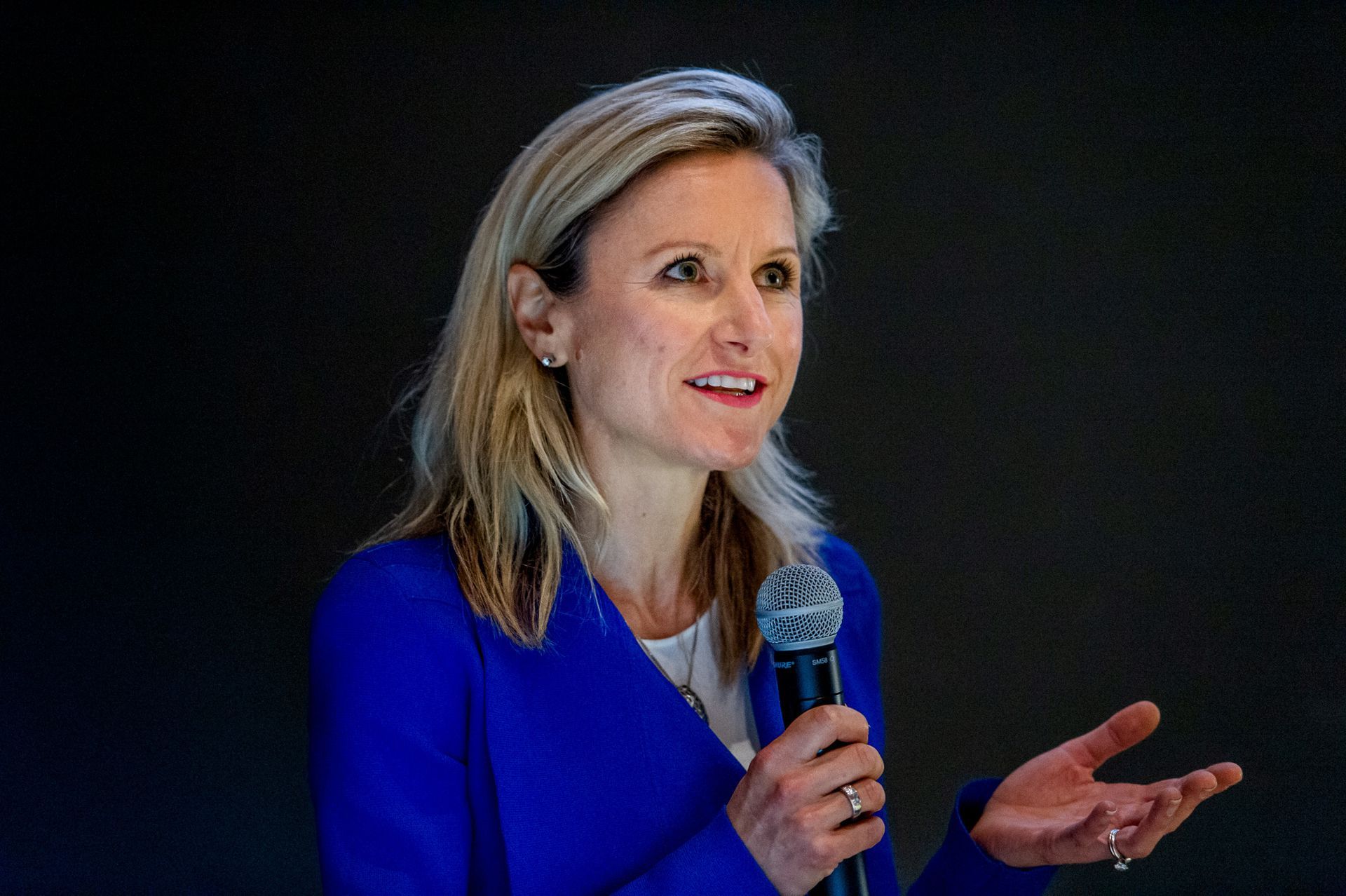Uncovering People with High Potential
Uncovering People with High Potential
Posted on December 1, 2017
Often, the right person for the job is measured by their capacity to solve the immediate issues rather than how they can add long-term value. Future value is drawn from high-potential candidates who stay with a company and are given the investment and longevity needed to develop and progress their career.
Today’s market is a competitive one, and the landscape is changing quickly, so thinking strategically and focusing on long-term success is how you build the foundations to thrive beyond the immediate future. Even if it’s a situation where the candidate might not be the finished article now, investing in people who will develop and grow alongside your company can help you get ahead of your competition.
Leading innovators, like Google and Amazon, implement processes for uncovering these candidates during recruitment using a combination of factors. Targeted interview questions, personal references, CV content, and peer interviews, are all indicators that can forecast the career trajectory of a new hire, evaluating if they’re worth the investment. In my 20 years in the recruitment industry, I’ve learned a lot about the traits that high potential candidates have in common, and how you can identify them to help your business.
Key Markers for Potential
Confidence and Self Awareness
Keep an eye out for people who are confident self-starters, self-aware, and driven, as these candidates won’t necessarily need a guide for everything. Individuals who are self-assured enough to jump outside of their comfort zone and embrace change often make for adaptable employees. Self-awareness is a key part of this, as the first step to improving or developing is to recognise one’s own personal limitations and areas for development. A person’s clear vision and self-management can offer fresh perspectives on inefficient procedures, futile techniques, or the invention of new strategies. Leaders who are aware of their weaknesses are able to hire subordinates who are more advanced in those areas, and are also more willing to entertain a team member’s idea that may be better than their own – two critical competencies for long-term success.
One great way to reveal these skills is by asking behavioural and situational interview questions. For example, propose a situation where they are having trouble managing a team, or interacting with a co-worker. If they consider analysing their own approach, as well as others’, then that is a solid indicator of self-awareness.
Quick and Continuous Learning
To remain relevant, businesses need to be at the top of their game, and in today’s rapidly changing environment, it’s crucial to adapt quickly to stay ahead of competition. The ability to learn with haste is a key indicator of a high potential candidate, if they’ve got a track record of hitting the ground running, then you could be onto a winner.
To find these fast learners, look for those who continue their learning and development outside of work. Another way to identify these candidates, is to check their CV for role changes within a company. If they were promoted to a more senior role in a relatively short amount of time, then it’s possible that they picked up the role quickly, demonstrated their ability, and were able to move up.
Strong Work Ethic
It’s rare that people drive their own learning and development without having a strong work ethic. Put simply, a self-motivated individual will always go farther than one that has to be continually motivated and pushed. Look for those who have a habit of “finding work” and taking ownership of problems around them. Not only is this attitude the mark of a great leader, but it’s contagious. When others feel supported, the gesture is more likely to be mirrored, contributing to a healthy and happy work culture.
Another way to identify a hard worker is how they handle the application process. How much effort went into their application? How prepared were they for the interview? Have they followed up on their application? The application process is a great indicator of how willing a candidate is to put in the extra effort to succeed.
Strategic Thinking
Big picture thinking when it comes to creating a plan of action is a key trait for those who are going to add long-term value to your business. Chances are everyone will say they’re a strategic thinker in an interview, but actually spotting one in real life is more difficult. A good way to identify these types of people is to provide the candidate a flawed strategic plan, with pre-identified problems, and ask how they would solve it. See if their answer presents a viable solution.
For more on identifying strategic thinkers, take a look at our blog here.
Thirst for Innovation
Technology moves at a rapid pace, and this will continue to be a huge driver for change. Equipping your team with innovative people, who crave constant learning and can adapt to these changes, is crucial. One key trait to look for here is to find people who question decisions and look for ways to improve processes; just keep in mind that there is a fine line between being questioning and being argumentative – although this tends to come out pretty early on in the hiring process!
The right candidate will be able to raise concerns professionally, while shedding a light on factors that others may have missed, and ultimately helping to create a better solution. To identify these individuals, ask them if there’s been anything they’ve challenged in their previous roles, or any major changes they’ve spearheaded. Individuals may well have a mind for innovation, but actually taking the initiative to put it into action is what makes it a true game-changing factor
Have a Road Map
Without being supported, “high potential” is just that: potential. It’s important to foster your future leaders and provide them with what they need to thrive. So much potential goes wasted simply because people are in the wrong environment.
As an employer, work with your people, and commit to a plan to help them realise their full capacity. Outline clear goals, and give them a reason to stay with your company long-term, and schedule regular check-ins to review their progress. Half of helping them stay engaged is just listening attentively to what they have to say; external accountability and acknowledgement goes a long way. They may have a perspective on company procedures or strategies that you don’t, or they may find obstacles in the way of their success that could also be hindering others’ performances.
Find out what engages them – whether that’s monetary, culture, wider learning, flexibility, or anything else – and create a plan that caters to this, and uses those aspects of the job as motivators. If someone isn’t engaged at work, they’re not going to give their best and reach peak performance levels.
Final Thoughts
Arming yourself with individuals who exemplify these traits will help to gain a lasting advantage. While it’s unlikely that everyone in your workforce will have this kind of potential, these X-factor employees can set the tone for a company and open up a wealth of new opportunities long-term. Even if a candidate is not the ideal finished product now, a new hire with a high ceiling will develop and grow alongside your company, keeping your business in a winning position for years to come, making them a wise investment at the very least.
Here at People Equity, we know exactly what to look for when it comes to high-potential candidates and we have also worked with many of our clients to assist them to harness this type of talent for certain roles. The results have been remarkable. If you’re looking to take advantage of our experience or keen to learn more, feel free to get in touch.
Share this article











